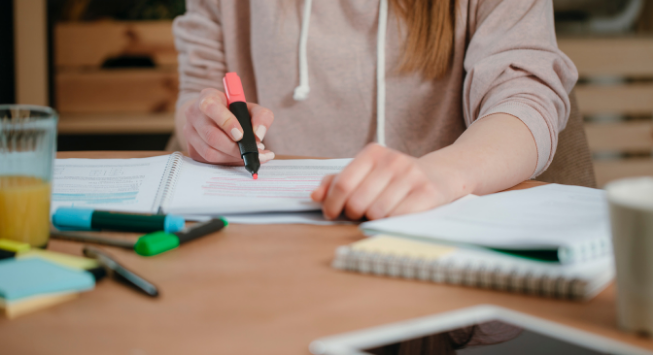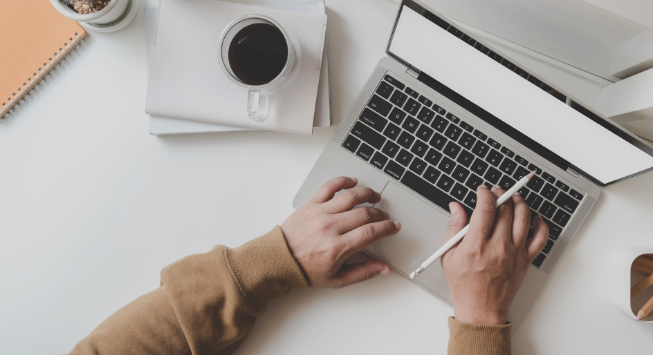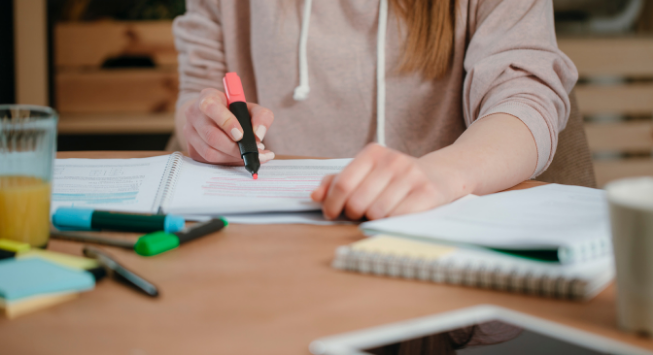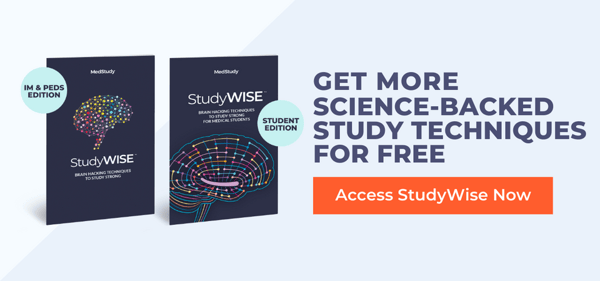
Updated 2/17/21
What actually helps you remember information, the head or the heart? Turns out both your brain and your heart play a big role in learning. The human brain is full of mysteries. Unlike a computer, the brain remembers facts and information selectively. It prioritizes information based on how “important” it decides it is. So, what’s important to our brains? Studies reveal that emotions play a distinct role in what gets prioritized as a memory.
Here's Why This Learning Hack Works
.png?width=653&name=blog%20image%20option%20copy%20%20(1).png)
Your heart can help your brain "highlight" important information when learning.
According to a study featured in Psychology Today, “emotion acts like a highlighter pen that emphasizes certain aspects of experiences to make them more memorable.” For example, chances are you'll remember more details than usual about 2020 for a very long time because it was a year filled with so many strong emotions from COVID, to lockdowns, to political unrest.
The same is true of our memories surrounding any emotional life event such as losing a friend or family member, getting married, or getting exciting career news. Interesting, but how does this help you remember important facts for board exams and guideline updates?
How Your Heart Helps You Learn

How does this learning hack work?
You are much more likely to remember the details of a disease, syndrome, or treatment if you associate them with a former patient, family member, or friend who had that disease. As neuroscientist Ashish Ranpura says, “It is a lot easier to remember that the hypophysial stalk connects the hypothalamus to the pituitary gland if you already know a lot about neurobiology. But it’s also an easy fact to remember if you’ve ever had a loved one who suffered from a tumor near that part of the brain.”
Whether you are studying to take your board exams or maintain your practice, take the time to not only learn all the facts you need to know, but also think about how this topic might connect to your own life. Do you have a family member or friend who was affected by a related disorder? Have you treated any patients for a disease covered in this topic? Make this part of your notes so you can use that emotional cue to recall details when you need to most.
Putting It All Together

How to use your heart to help your head in your next study session.
Mental associations always help you remember, but add emotion to the mix and the associations become that much more compelling. By becoming a physician, you’ve already demonstrated you have a heart for people. Don't forget that! As you continue to practice, it can be easy to disconnect or become jaded. But, make an effort to keep your heart open and use it to inform your brain. You’ll be able to remember even more information to help give your patients the best care possible and ace your next exam.
For more on this and our other favorite evidence-based learning hacks, download the StudyWise guide, plus learn the science-backed reasons that our 3-phased, evidence-based approach to studying improves your learning and memory recall.



